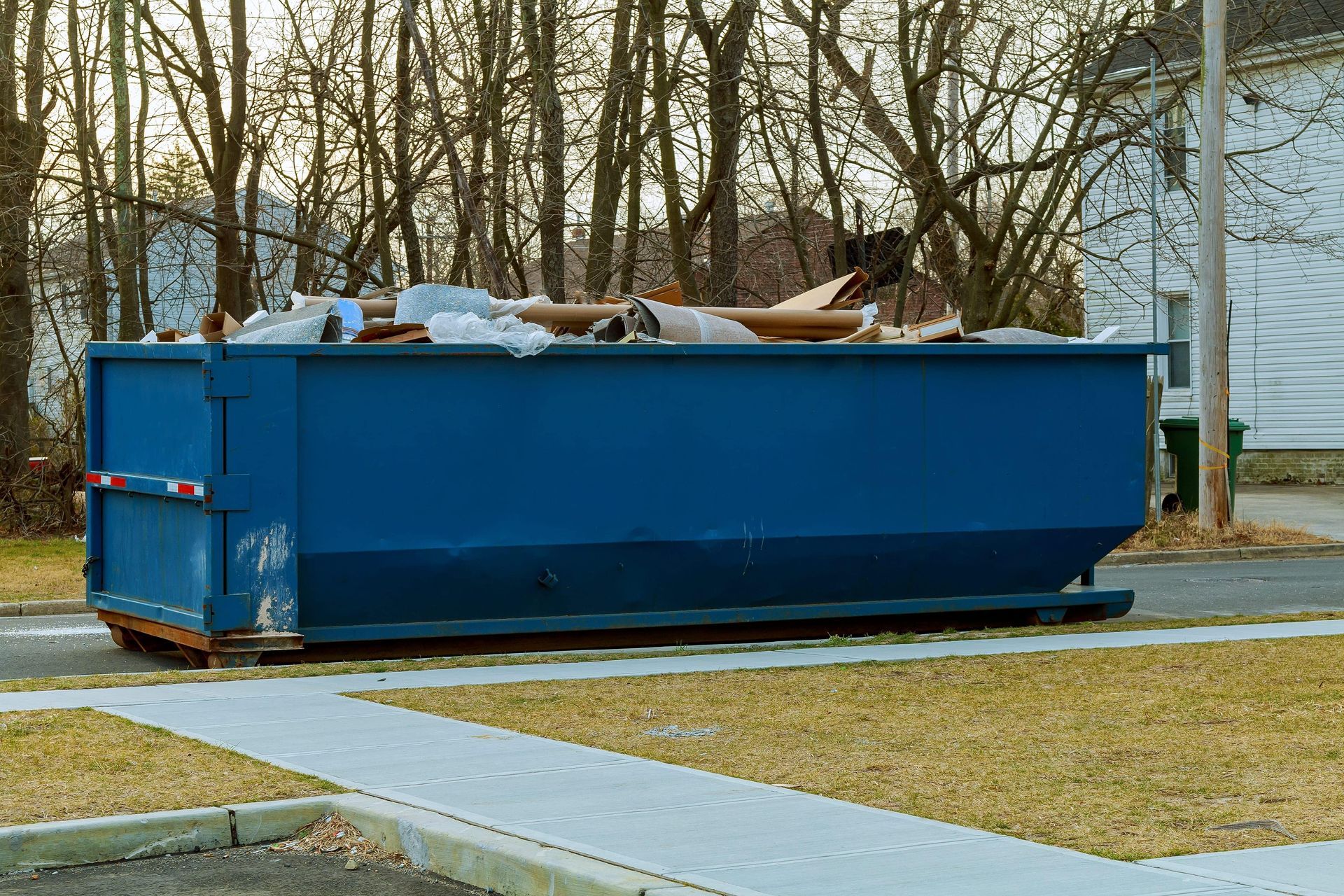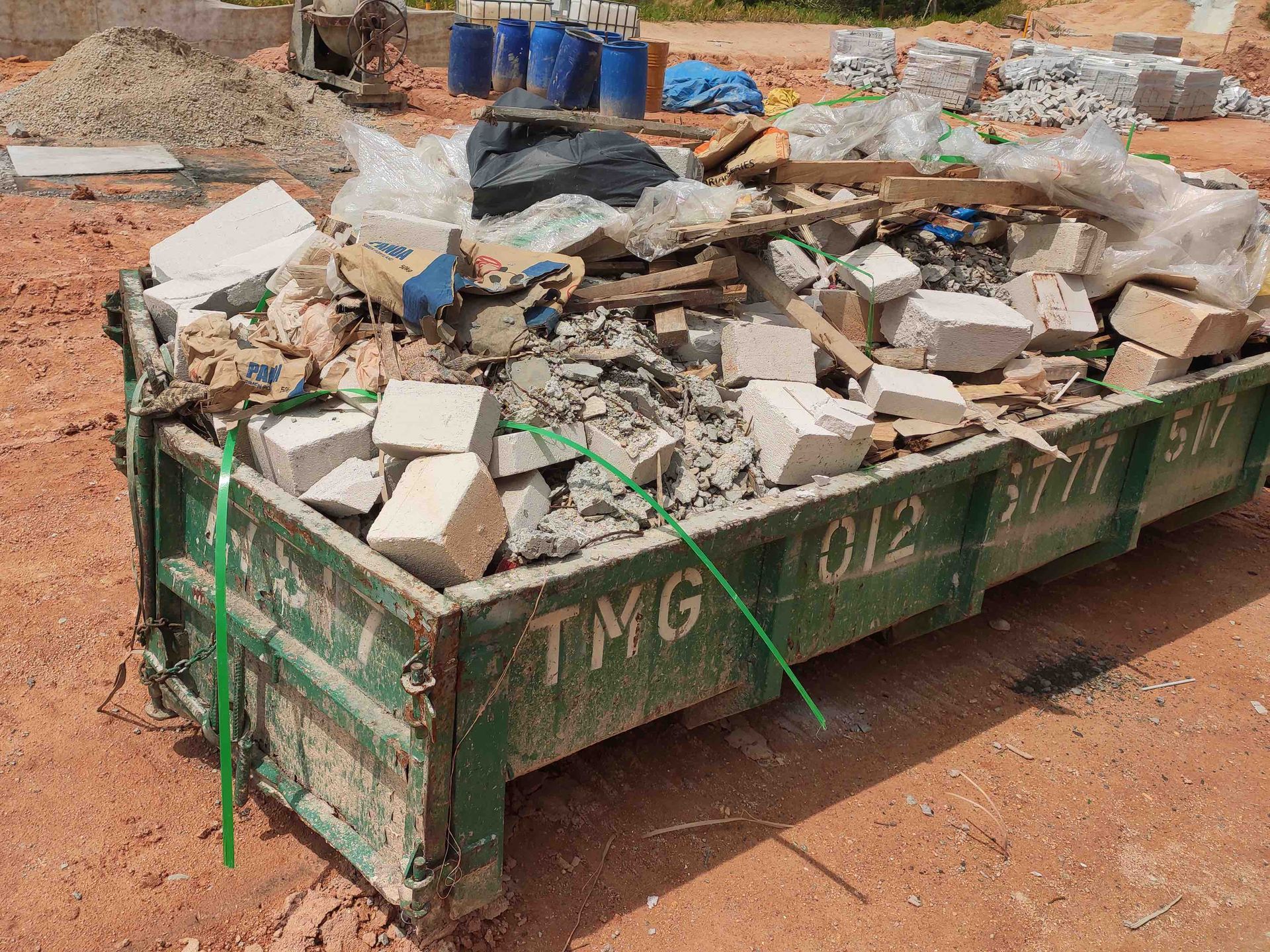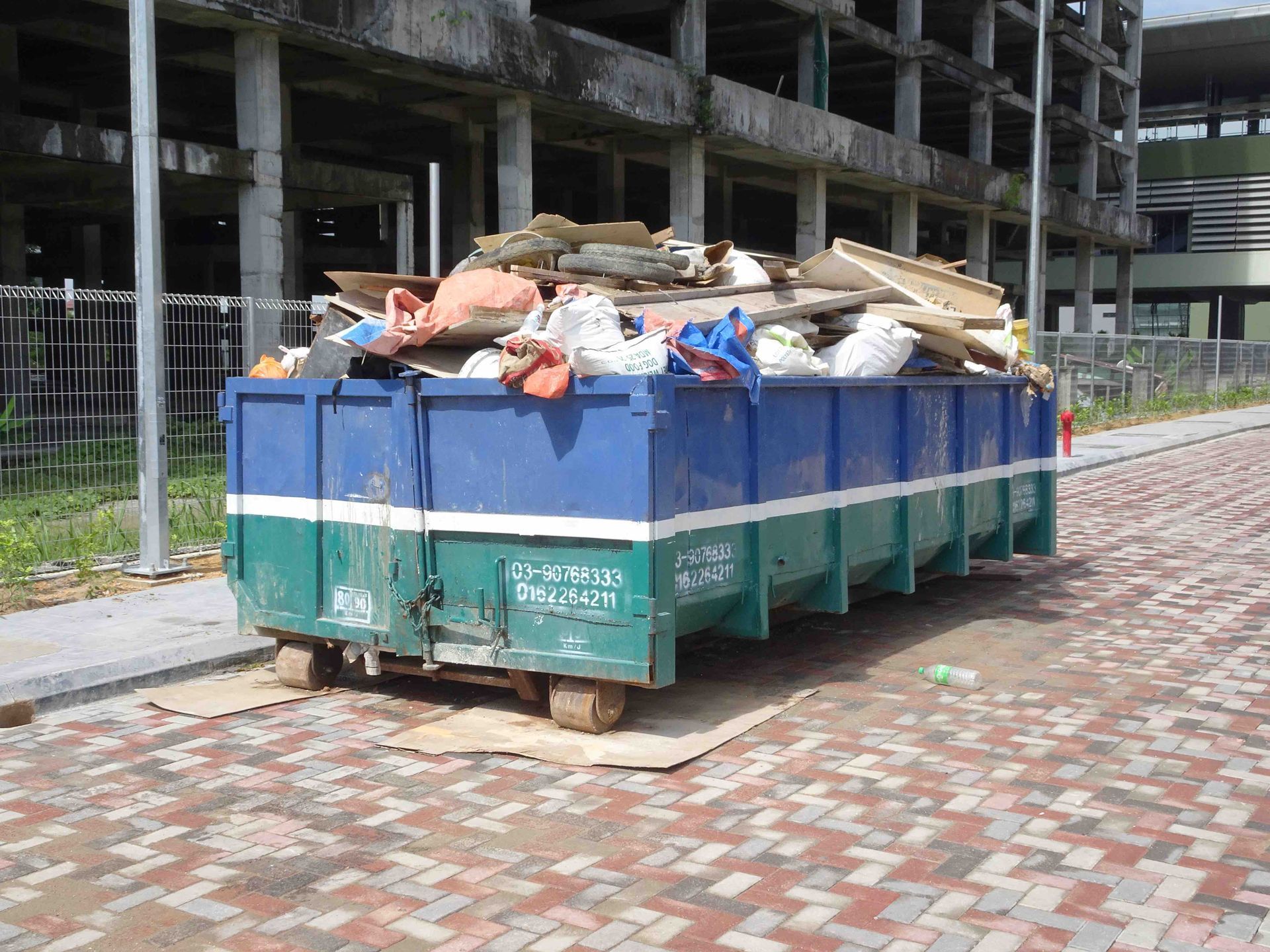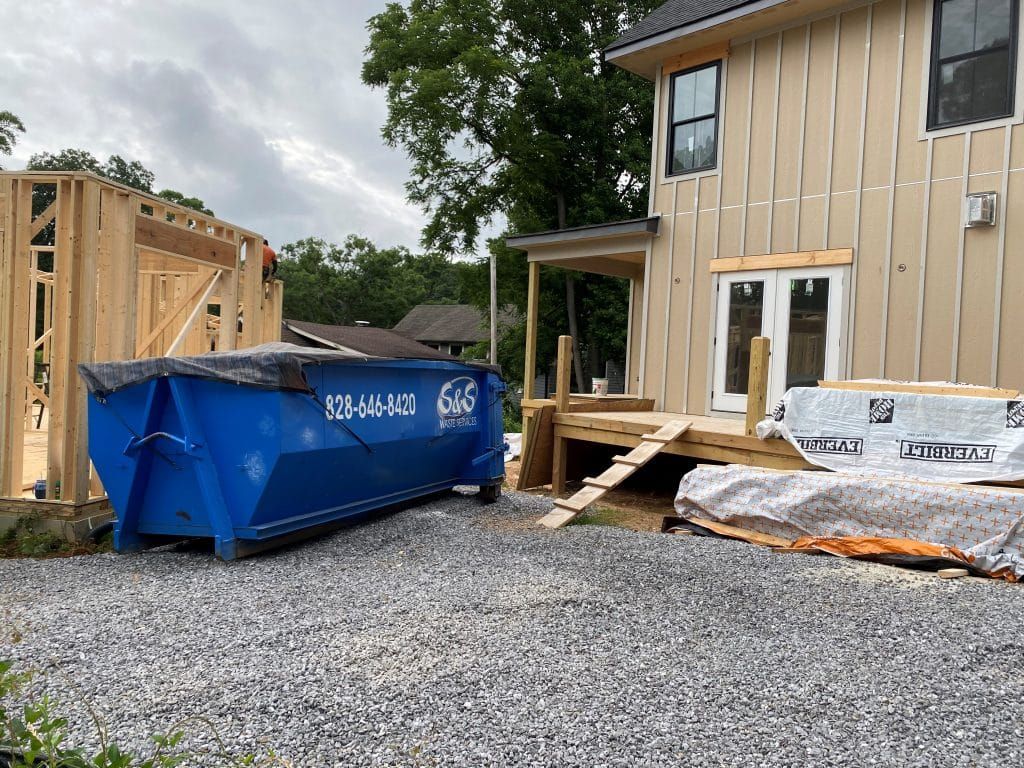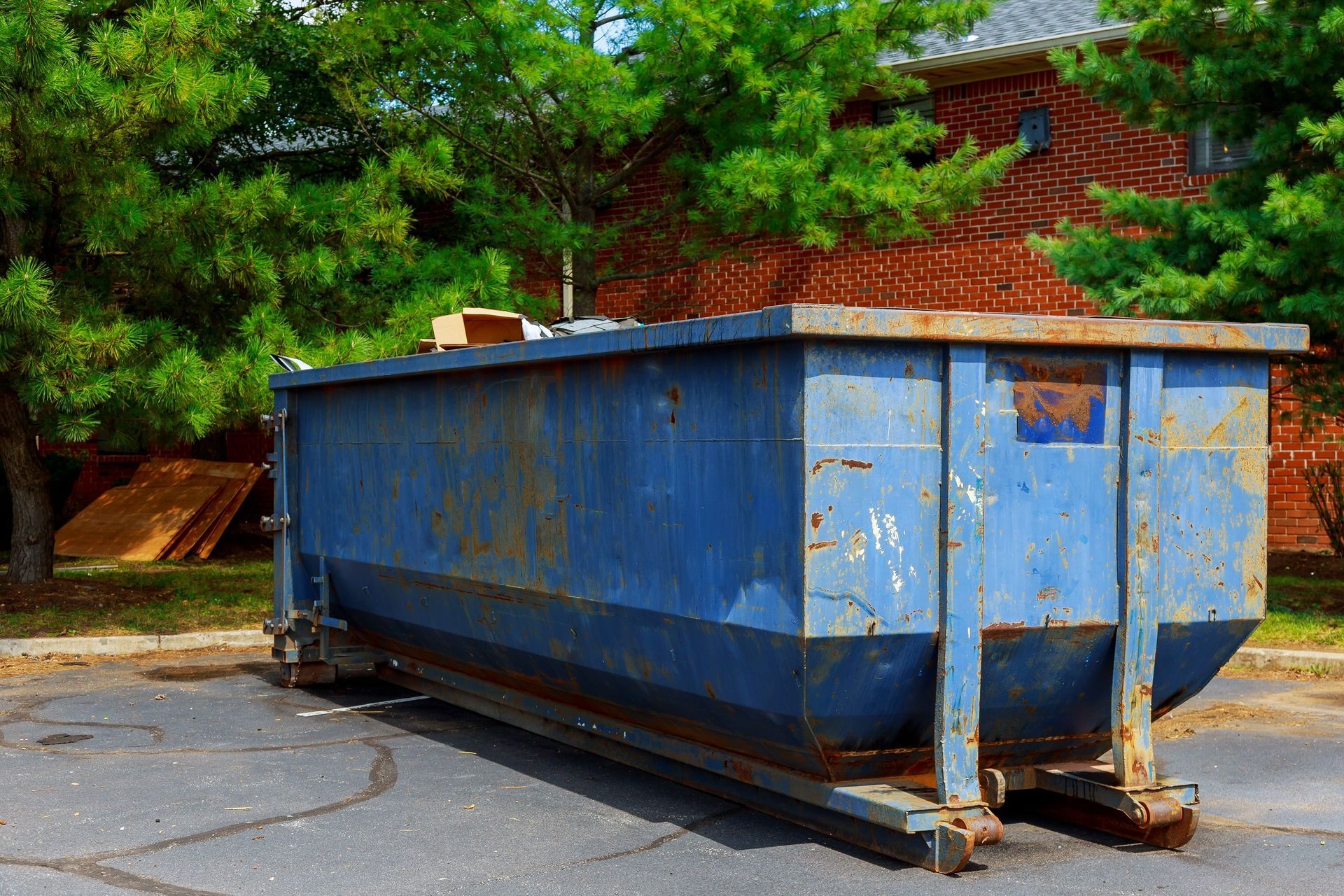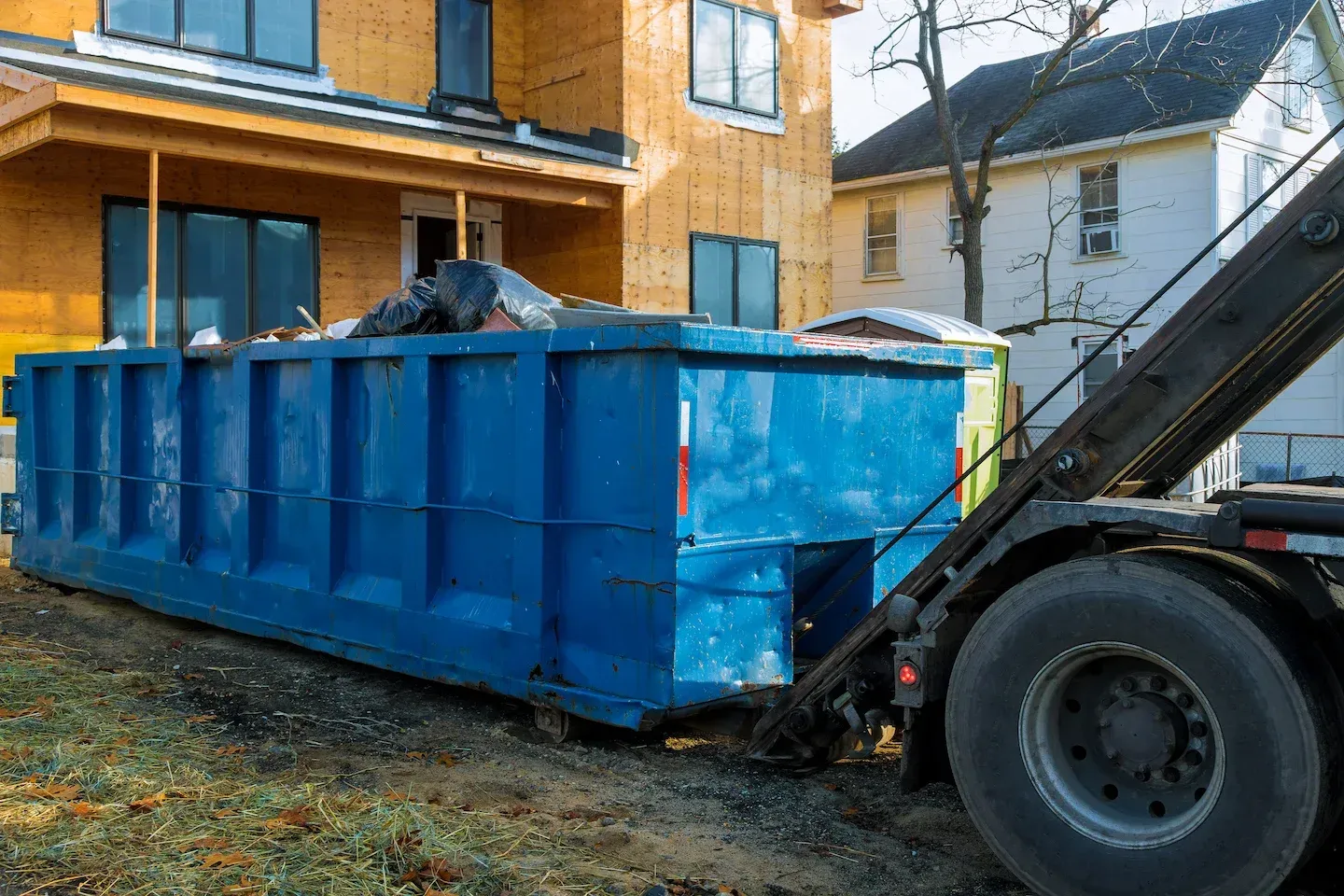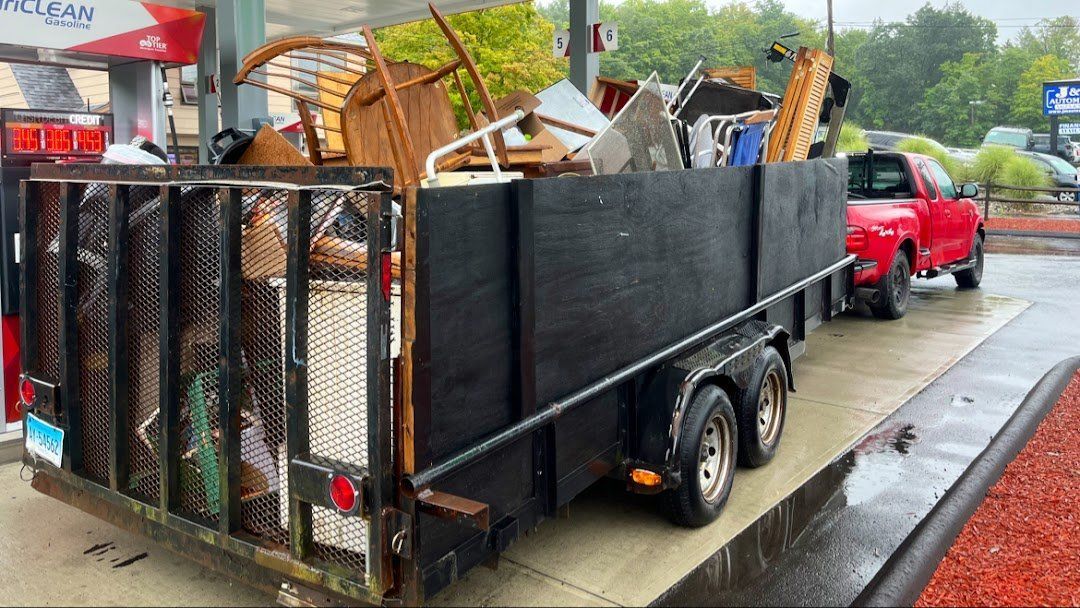Best Dumpster Sizes for Home Renovation, Roofing, and Yard Projects in St. Charles
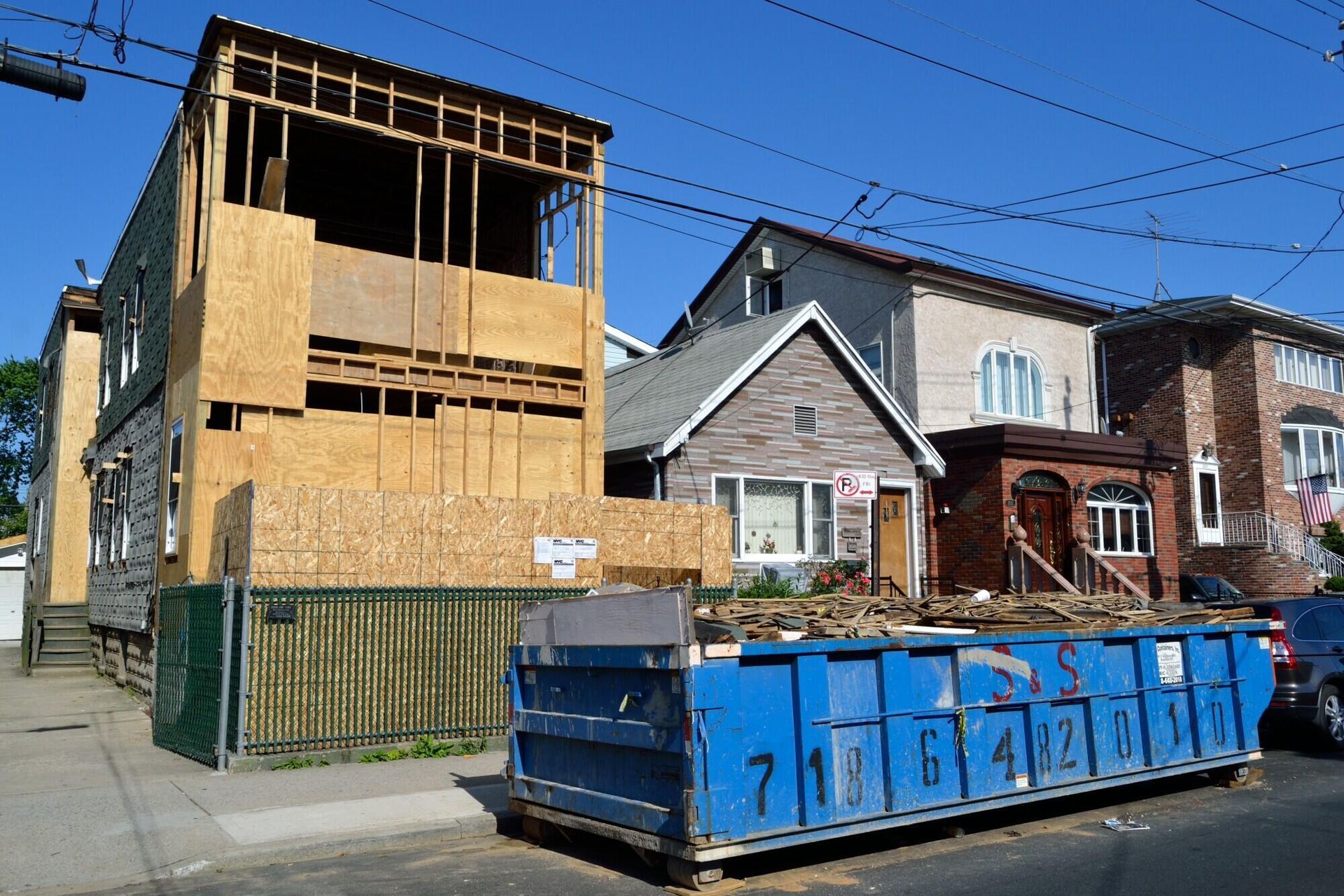
Why Dumpster Size Matters More Than You Think
If there’s one thing we’ve learned after years of helping St. Charles homeowners and contractors, it’s this: almost every project produces more debris than expected. Whether it’s tearing up carpet in a basement, stripping shingles off a two-story house, or finally tackling the overgrown backyard, waste piles up fast.
And here’s the kicker — the wrong dumpster size can turn a smooth project into a frustrating mess. We’ve seen people rent too small of a container, only to watch it overflow halfway through a job. Others play it safe with the largest option and end up paying for unused space. Both mistakes cost time and money, not to mention unnecessary stress.
That’s why choosing carefully matters. And it’s not just about picking a number on a chart. It’s about matching the dumpster to the type of work, the kind of debris, and the space available at your home or job site.
How Dumpster Sizes Work in St. Charles
In St. Charles, dumpster rentals are sized by cubic yards, which basically means how much volume they can hold. The typical options are:
- 10-yard dumpster: Think small cleanup jobs or minor projects.
- 20-yard dumpster: Great for most remodels or mid-sized cleanups.
- 30-yard dumpster: A favorite for roofing tear-offs or larger renovations.
- 40-yard dumpster: Usually reserved for heavy-duty construction or commercial work.
Now, here’s where people often get tripped up. A “yard” doesn’t mean much until you compare it to something familiar. For example, a 20-yard dumpster can hold about six pickup truck loads of debris. That’s a lot more than most folks expect.
We often tell homeowners: picture the waste pile in your driveway, then double it. That’s usually closer to reality.
Picking the Right Dumpster for Home Renovations
When it comes to a dumpster for remodeling, we’ve seen everything from small bathroom upgrades to full-scale home makeovers. A 10-yard container might cover a single bathroom demo, but the average St. Charles family doing a kitchen remodel should look at a 20-yard dumpster.
Why? Cabinets, countertops, flooring, and drywall add up quickly. What looks like a couple of bulky pieces inside the house turns into a mountain once it’s sitting in the driveway.
For bigger renovations—maybe opening up multiple rooms or tackling a basement—you’re better off with a 30-yard. It’s less about guessing and more about making sure you won’t have to stop halfway through and order another container. That’s a delay nobody wants.
One of our recent customers, a couple redoing their historic home near Main Street, thought a 15-yard would cut it. By the end of day two, the thing was overflowing with plaster and lath. We had to rush a swap-out. They laughed about it later, but it slowed down their contractor’s schedule. That’s exactly what we try to help people avoid.
Choosing the Perfect Dumpster for Roofing Projects
Roofing jobs are a different beast. A dumpster for roofing has to handle not just volume but weight. Shingles are deceptively heavy. A 20-yard dumpster packed with asphalt shingles might weigh as much as a small car.
For most single-family homes in St. Charles, a 30-yard dumpster does the trick. It can handle the bulk of a roof tear-off while still giving you a little extra room for underlayment or wood scraps.
But here’s the key detail: you don’t want to go too big if it means risking weight overages. That’s why local experience matters. We’ve worked with plenty of roofing contractors who know exactly how much a particular square footage of shingles will weigh. If you’re not sure, that’s where we step in to guide you.
One roofer we work with regularly told us he never books a job without scheduling a dumpster first. “It’s like showing up without ladders,” he said. He knows a clean job site keeps his crew safe and efficient.
Dumpster Options for Yard Cleanups and Landscaping
Now let’s talk about yard projects. At first glance, yard waste doesn’t seem like it would take much space. But if you’ve ever cut down a tree or ripped out a deck, you know better.
For smaller cleanups—maybe trimming shrubs, clearing leaves, or replacing sod—a 10-yard dumpster usually works fine. But when you’re removing a large tree, tearing out fencing, or hauling off old concrete pavers, you’re in 20-yard territory.
We’ve helped plenty of St. Charles families during spring cleanups, and almost every time, they’re surprised by how much bulkier branches and stumps are once they hit the dumpster. A neat pile on the lawn suddenly turns into an overflowing mess without the right container.
The Mistakes We See Most Often with Dumpster Rentals
Over the years, a few patterns have stood out. The most common mistakes we see include:
- Underestimating the project scope: Thinking a small dumpster size will do, then needing two.
- Ignoring weight limits: Especially with roofing dumpsters or concrete.
- Forgetting about space: Driveways in some St. Charles neighborhoods don’t fit a large dumpster, which can complicate things.
These aren’t just small hiccups. Each one can derail a timeline or add unexpected costs. Our job is to prevent that before it happens.
How to Get the Most Out of Your Dumpster Rental
Renting the right dumpster size is just step one. To really maximize your rental:
- Load heavier, bulkier items first.
- Break down furniture, drywall, or decking to save space.
- Keep debris below the top line (haulers won’t take unsafe loads).
- Don’t toss restricted items—hazardous waste, electronics, or certain chemicals.
Simple habits like these make a big difference. We’ve had customers who swore they’d need a second dumpster, only to realize careful loading stretched the first one perfectly.
The Local Advantage: Why St. Charles Homeowners Trust Our Guidance
There’s a reason people in St. Charles prefer working with a local company for dumpster rentals. We know the neighborhoods, the space constraints, and even the quirks of local permitting.
We’ve dropped dumpsters into tight alleys behind older homes, angled them in small driveways, and worked around tricky schedules for busy roofing crews. Those little details matter when you’re trying to keep a project on track.
Plus, when you call us, you’re not speaking to some call center three states away. You’re talking to people who live and work right here. We know what it’s like to juggle a home project with family, work, and everything else. That personal connection is why so many homeowners keep coming back to us for multiple projects.
Wrapping It All Up
At the end of the day, choosing the right dumpster size in St. Charles isn’t complicated—but it does take a little thought. For a dumpster for remodeling, think 20 to 30 yards depending on the scale. For a dumpster for roofing, watch the weight and lean toward a 30-yard. For yard cleanups, small jobs can get by with a 10-yard, but bigger ones almost always need a 20.
The real secret? Work with a company that understands the local area, knows the materials you’re dealing with, and can guide you before problems come up. That’s how you avoid wasted money and lost time.
If you’re ready to make your next project easier, give us a call at (636)-245-0315 or visit St. Charles Dumpster Rentals. We’ll help you find the right fit the first time, so you can focus on the work that matters.
Frequently Asked Questions
1. What dumpster size should we choose for a home project?
We usually recommend a 20-yard dumpster size for most home renovations. It’s large enough for cabinets, flooring, and drywall without being overwhelming. For small projects, a 10-yard works well, while bigger remodels may need a 30-yard.
2. How do we pick the right dumpster for roofing?
When it comes to a dumpster for roofing, weight is just as important as volume. Asphalt shingles are heavy, so most St. Charles homes do best with a 30-yard dumpster. It balances space and weight without risking overage charges.
3. What dumpster size works best for remodeling projects?
For a dumpster for remodeling, we often suggest a 20-yard container for kitchens or bathrooms. Larger projects like basements or multiple-room renovations are better suited for a 30-yard to avoid delays and swap-outs.
4. Can we use a dumpster for yard projects too?
Yes, a dumpster size can be matched to yard work as well. A 10-yard fits small cleanups like trimming shrubs, while a 20-yard is best for big landscaping jobs, tree removals, or tearing out old fences and decks.
5. Why is choosing the right dumpster size so important?
We’ve seen many projects slowed down by the wrong dumpster size. Too small, and you’ll need extra rentals. Too large, and you might pay for space you don’t use. The right fit saves money, time, and keeps your project stress-free.
